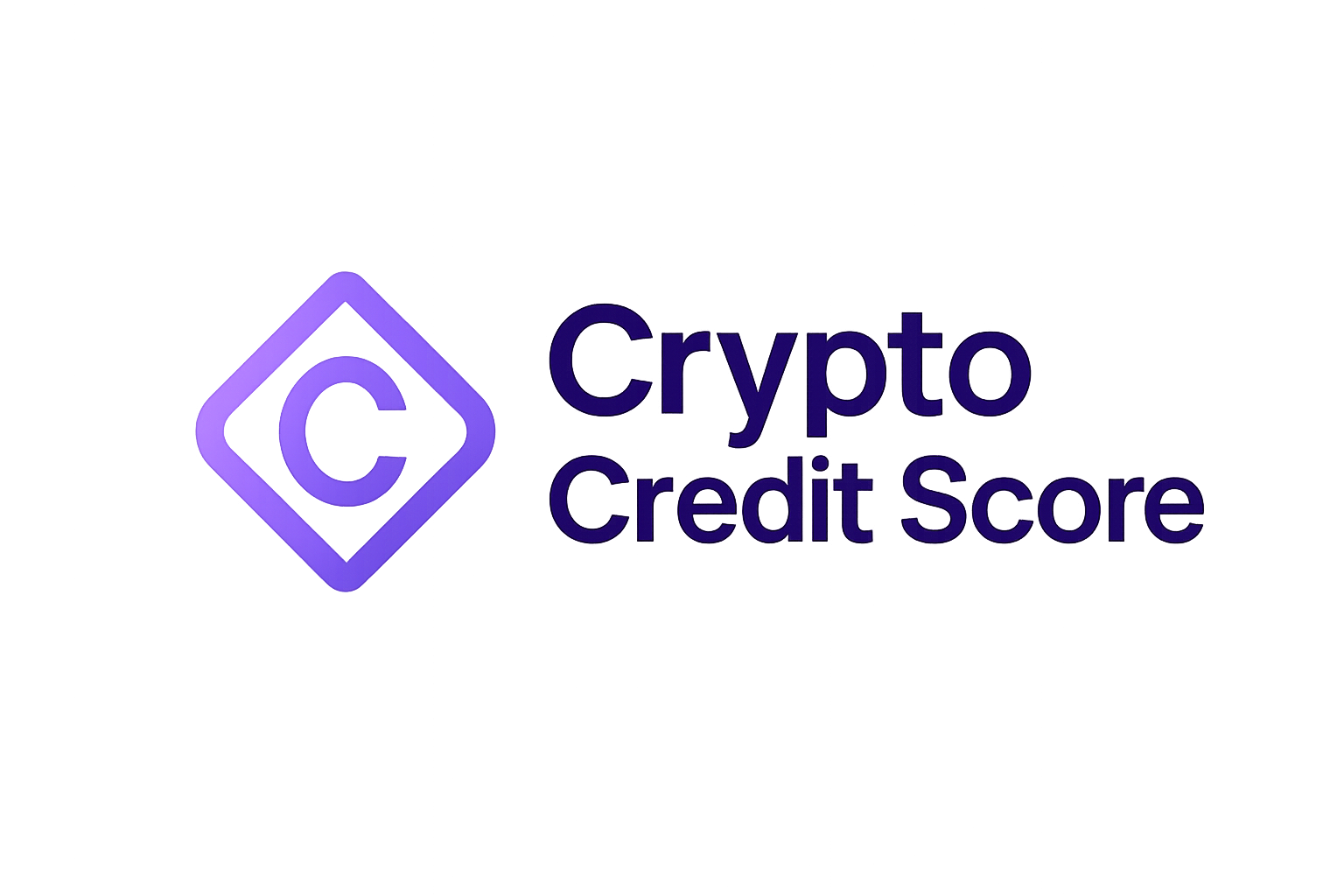
Blockchain-based credit scoring systems are rapidly redefining the landscape of financial risk assessment. By leveraging decentralized ledgers and smart contract automation, these systems promise enhanced transparency, data integrity, and user privacy. However, as crypto credit score compliance becomes more prominent in decentralized finance (DeFi), regulatory scrutiny is intensifying. Policymakers are tasked with balancing innovation against the imperatives of consumer protection, fairness, and systemic stability.

Key Regulatory Challenges in Blockchain Credit Scoring
The integration of blockchain technology into credit evaluation introduces both technical advantages and complex legal considerations. The following regulatory challenges are at the forefront:
- Data Privacy vs. Immutability: Blockchain’s immutability clashes with data privacy regulations such as GDPR’s right to erasure. Once a transaction or credit event is recorded on-chain, it cannot be altered or deleted, raising questions about long-term control over personal financial data.
- Transparency and Explainability: While blockchain ensures transparent record-keeping, the use of AI-driven models for scoring can create a “black box” effect. Regulators increasingly demand explainable AI to ensure that individuals can understand how their crypto credit score was determined.
- Fairness and Algorithmic Bias: Historical data embedded within traditional finance often contains structural biases. Without careful calibration, AI models on-chain could perpetuate or even amplify these biases, leading to discriminatory outcomes in lending decisions.
- Standardization and Compliance: The lack of standardized frameworks for decentralized credit scoring complicates cross-border compliance. Financial institutions must navigate an evolving patchwork of national regulations while maintaining interoperability across DeFi protocols.
Divergent Global Approaches to Crypto Credit Score Compliance
The international regulatory response is far from uniform. In the United States, agencies enforce the Fair Credit Reporting Act (FCRA), requiring transparency and non-discrimination in all forms of credit reporting, including those utilizing blockchain rails. The Consumer Financial Protection Bureau (CFPB) has signaled increased oversight over algorithmic decision-making in financial services.
The European Union’s regulatory environment is shaped by the General Data Protection Regulation (GDPR) and upcoming AI Act directives. These frameworks emphasize individual rights over personal data and mandate high standards for algorithmic accountability in financial applications. As noted by Reuters, regulators are particularly focused on ensuring that DeFi platforms provide not only audit trails but also clear explanations for automated decisions (source).
The Asia-Pacific region demonstrates a proactive stance through principles like Singapore’s FEAT (Fairness, Ethics, Accountability, Transparency), which guide responsible AI deployment in finance (source). These guidelines encourage DeFi projects to build robust governance mechanisms around data usage and model validation.
Top 5 Regulatory Requirements for Blockchain Credit Scoring
-
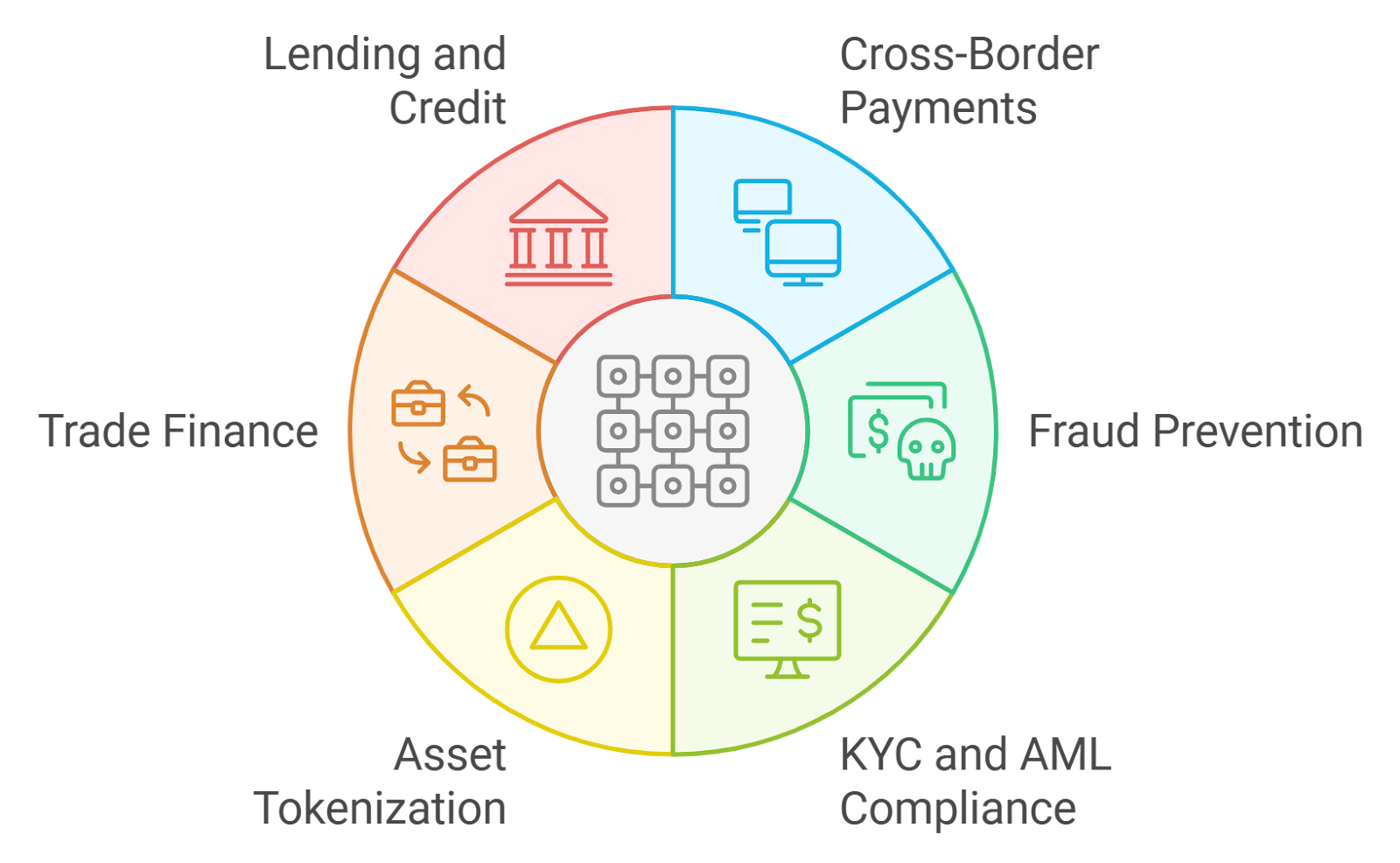
Data Privacy and Security Compliance: Platforms must comply with regulations like the General Data Protection Regulation (GDPR) in the EU, ensuring individuals’ rights to data privacy and, where applicable, data erasure—even on immutable blockchains.
-
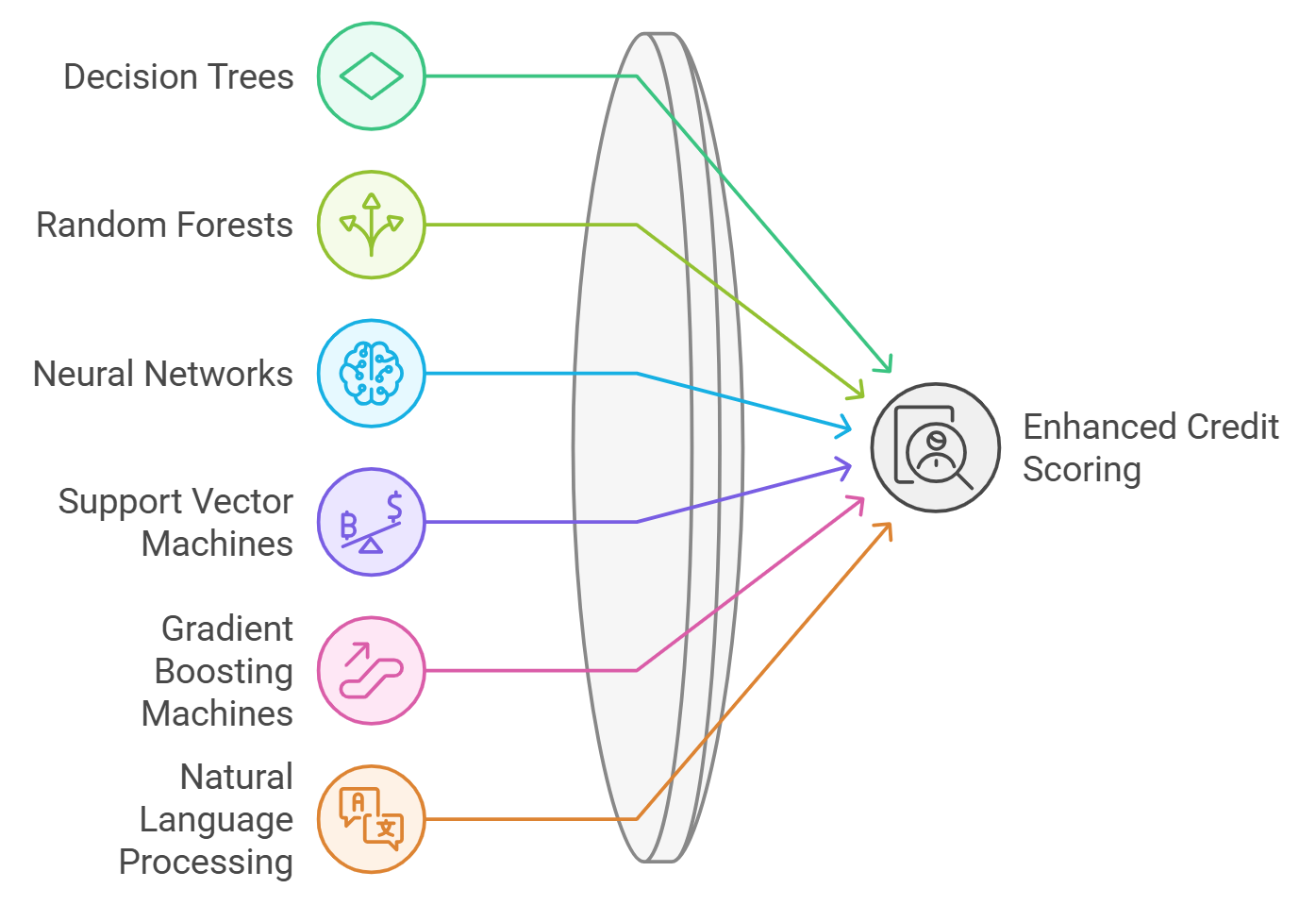
Transparency and Explainability of Algorithms: Credit scoring models, especially those using AI, must provide clear explanations for decisions. Regulatory bodies require platforms to avoid opaque “black box” algorithms and implement transparent, auditable processes.
-
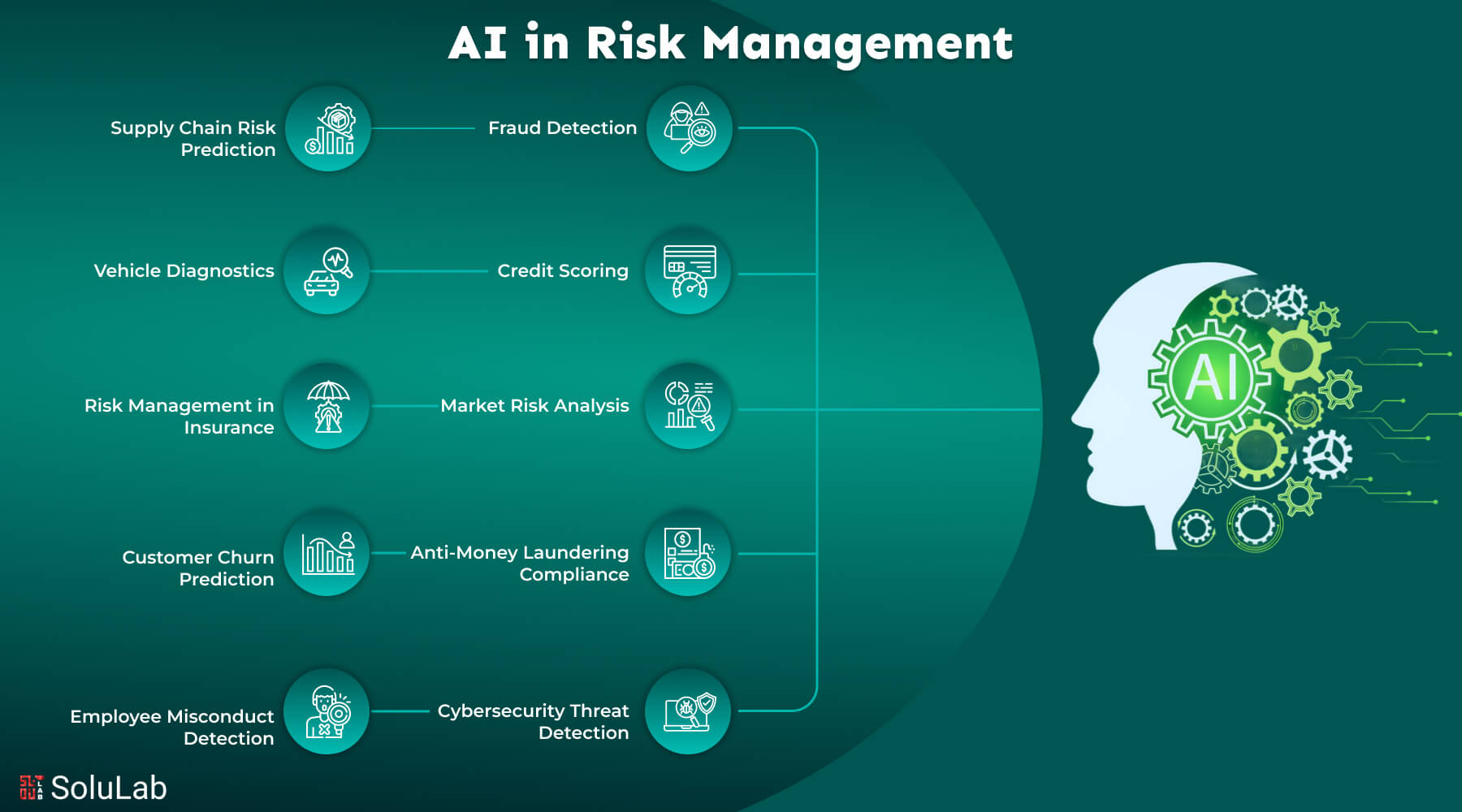
Fairness and Bias Mitigation: Regulatory agencies such as the Consumer Financial Protection Bureau (CFPB) and the Financial Conduct Authority (FCA) mandate that credit scoring systems are regularly tested for algorithmic bias to prevent discrimination and ensure equitable outcomes.
-
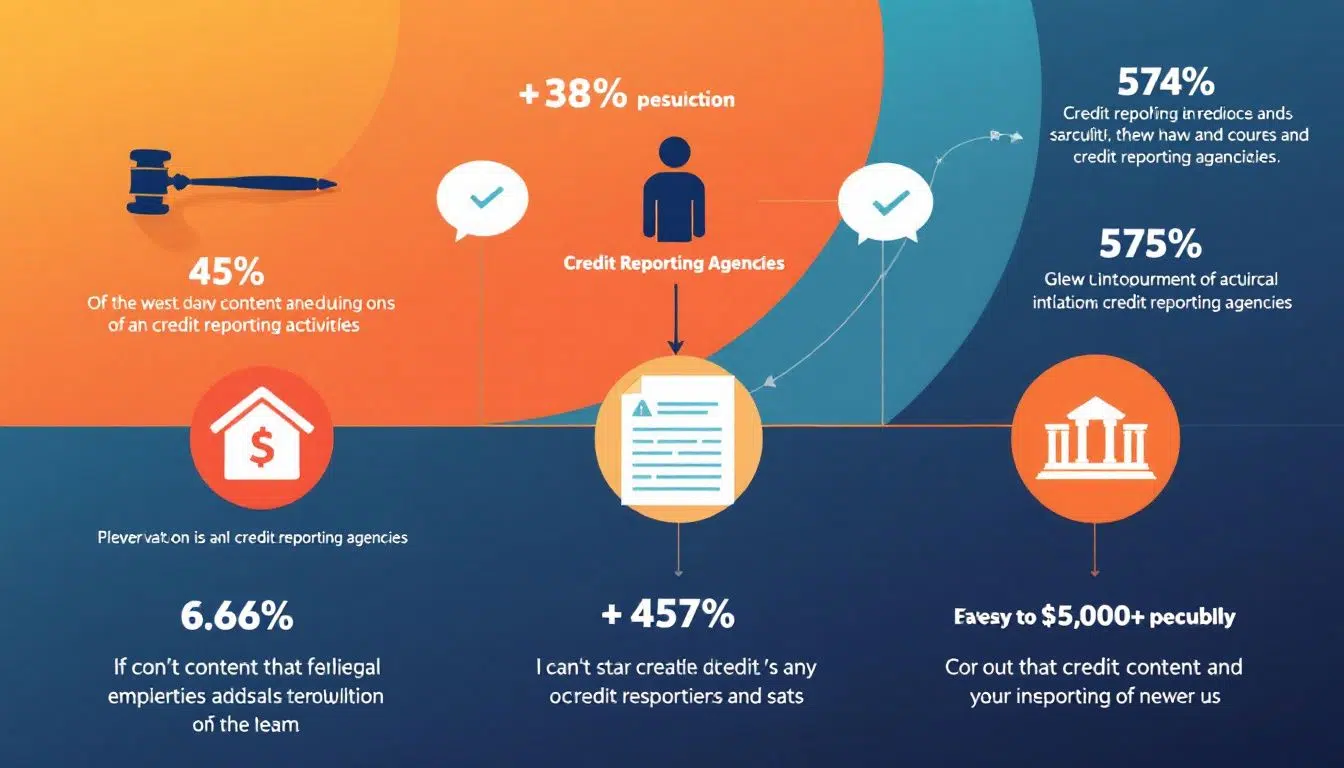
Adherence to Financial Reporting Standards: In the U.S., blockchain-based credit scoring platforms must comply with the Fair Credit Reporting Act (FCRA), which governs transparency, accuracy, and consumer rights in credit reporting. Similar standards are emerging globally.
-

Ethical and Responsible AI Use: Jurisdictions like Singapore enforce the FEAT principles (Fairness, Ethics, Accountability, and Transparency) for AI in financial services, requiring blockchain credit scoring systems to uphold ethical standards and provide robust accountability mechanisms.
Technical Innovations Shaping Regulatory Strategy
The convergence of blockchain infrastructure with explainable federated learning models is gaining traction among forward-thinking FinTechs (source). By distributing model training across multiple nodes without centralizing sensitive user data, these approaches aim to reconcile privacy concerns with the need for robust analytics. Additionally, cryptographic primitives such as zero-knowledge proofs offer pathways for verifying user credentials or repayment histories without exposing underlying personal information, an area regulators are closely monitoring as potential best practice.
Despite these technical advances, the regulatory landscape remains fragmented and rapidly evolving. Supervisory authorities are grappling with how to adapt legacy frameworks to decentralized credit scoring, especially as DeFi protocols increasingly interact with traditional financial infrastructure. Cross-chain interoperability and composability further complicate oversight, creating new vectors for regulatory arbitrage and systemic risk.
One of the most pressing issues is the lack of harmonized international standards for blockchain credit scoring regulation. While some jurisdictions champion innovation sandboxes or pilot regimes, others have yet to clarify their stance on decentralized data processing and AI-driven lending. This regulatory asymmetry incentivizes market participants to seek out favorable jurisdictions, potentially undermining consumer protection efforts globally.
Emerging Best Practices for Compliance
Forward-thinking DeFi platforms are proactively engaging with regulators and adopting voluntary compliance measures to build trust and mitigate legal uncertainty. Key strategies include:
- On-chain auditability: Implementing transparent smart contract logic that allows external auditors and supervisors to verify credit score calculations in real time.
- Data minimization: Collecting only essential user data, combined with privacy-preserving computation techniques such as zero-knowledge proofs or differential privacy.
- User consent management: Providing users with granular control over how their data is shared and processed within decentralized ecosystems.
- Bias detection protocols: Regularly auditing AI models for disparate impact across demographic groups and publishing results for public scrutiny.
- Interoperability standards: Aligning protocol interfaces with emerging global frameworks to facilitate cross-border compliance checks.
The path forward will require ongoing dialogue between industry innovators, regulators, and consumer advocates. As blockchain-based credit scoring matures, expect greater emphasis on explainable AI, privacy engineering, and real-time auditability as prerequisites for market access. The World Bank’s guidelines encourage innovation but stress the need for robust oversight mechanisms before widespread adoption can occur (source). The ultimate goal is a responsible ecosystem where efficiency gains do not come at the expense of fairness or security.
Opportunities Ahead: The Future of Decentralized Credit Assessment
If implemented thoughtfully, blockchain-powered credit evaluation could address longstanding inefficiencies in traditional finance, such as opaque underwriting practices or exclusion of underbanked populations, while delivering superior transparency and control to users. However, realizing these benefits hinges on adaptive regulatory frameworks that keep pace with technological change without stifling experimentation.
The next phase will likely see increased convergence between DeFi protocols and regulated TradFi institutions. Hybrid models may emerge where decentralized identity systems interface directly with licensed lenders under clear compliance guardrails. For now, all stakeholders must remain vigilant, iterating on both technology and governance, to ensure that the promise of decentralized finance translates into equitable outcomes at scale.
